Levels of Selenium in Forage
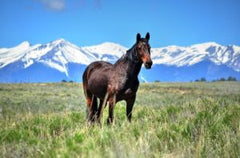
Options of Selenium Administration
-
Selenium salt blocks
These blocks contain very low levels of selenium. If your horse consumes one ounce of salt a day (the average intake) your horse is receiving less than 10% of their selenium requirement. Companies are only able to put a small amount of selenium into the blocks because they have to ensure that if your horse eats the entire block of salt that they won't receive toxic amount of selenium. In addition, your horse's intake on salt can vary greatly depending on the environment and individual. Like people, some horses are salt hungry and consume a lot more salt than others. Weather also affects intake greatly. If it is hot, horses consume a lot of water and therefore need more salt, whereas when it is cold they drink less water and consume less salt. Selenium salt is better than nothing but not an effective way to supplement selenium. -
Selenium injections
The shots administer selenium which spikes blood selenium levels for a short time; however, horses urinate up to 70% of the selenium out that is injected within 72 hours. You also run the risk of your horse having a reaction to the injection. -
Complete Feeds
Complete feeds are formulated to provide energy as well as vitamins and minerals. However, if you aren't feeding your horse at the recommended levels, your horse's vitamin and mineral needs are not being met. Most complete feeds are formulated to be fed between 10-20 pounds a day. If you feed a scoop (approximately 3 pounds) of a complete feed that is formulated to be fed at 12 pounds a day, your horse is getting 25% of their vitamin and mineral requirements from the complete feed. Your horse will be selenium deficient. -
Organic Selenium Supplementation
Feeding your horses a supplement that is formulated to provide 3 mg of organic selenium per serving, like Horse Guard, is the best way to provide your horse with selenium. By providing a supplement, you ensure all your horse's trace mineral and vitamin needs are being met on a daily basis, without providing a lot of extra energy. You can then cater to the energy level to your horse's needs. As a company Horse Guard provided the first over-the-counter supplement with selenium for horses.
The time of a Selenium Shot
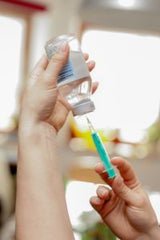

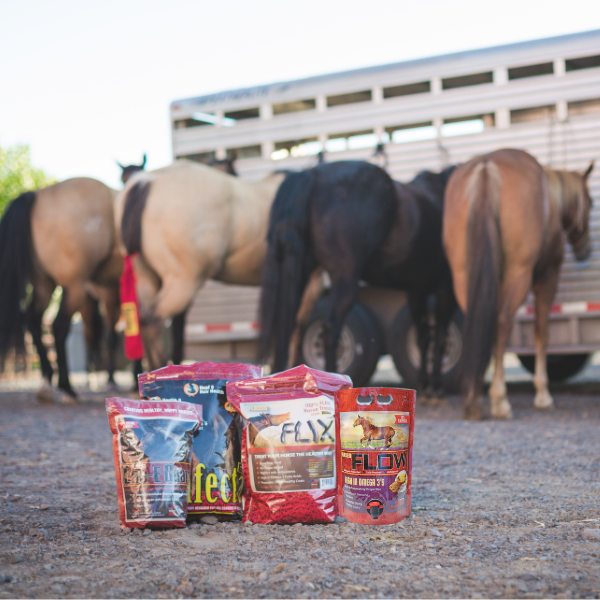

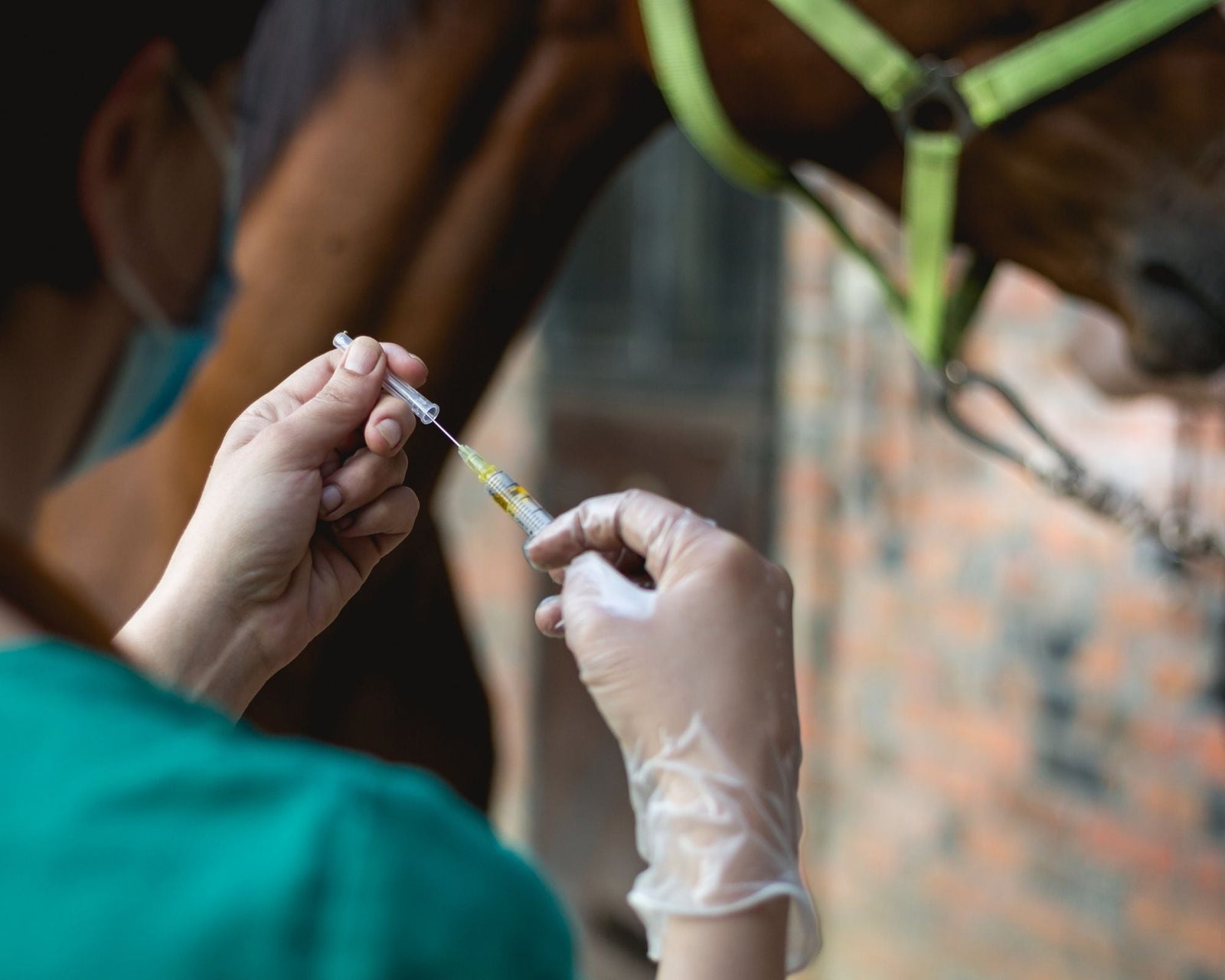

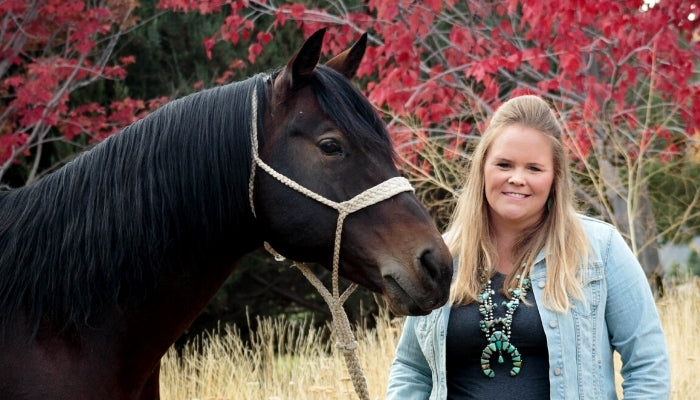
Leave a comment (all fields required)